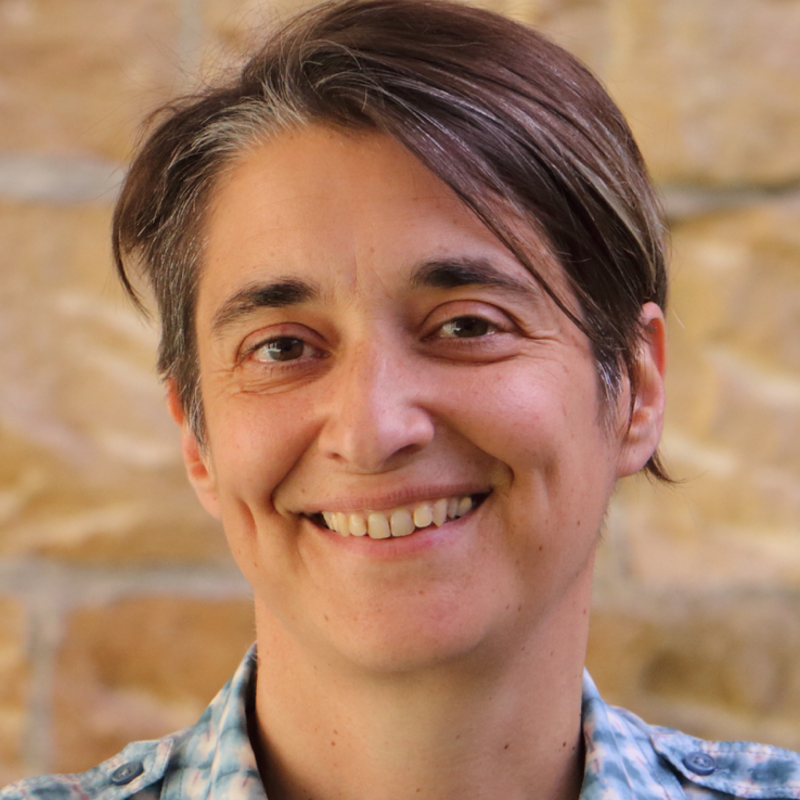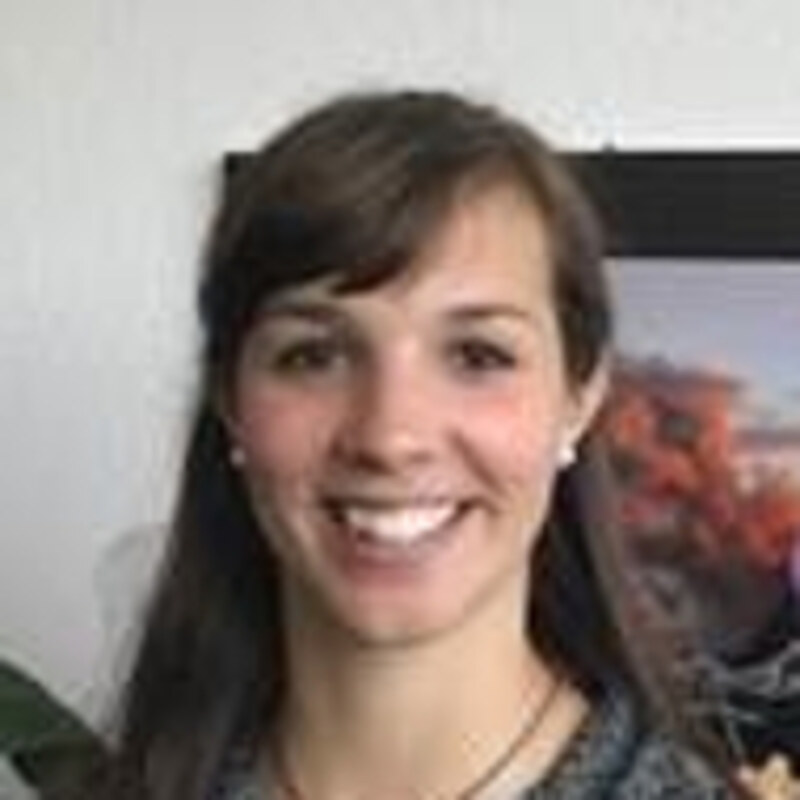Read more
Design of novel optical materials via self-assembly of patchy particles
Exploiting the self organization of colloids to generate structural color
Project leader: M. Lattuada
Team: F. Scheffold, U. Steiner, A. Fink
Structural coloration is displayed by a broad variety of living organisms, such as butterflies, beetles, birds or chameleons for signaling and camouflage purposes, among others. Contrary to pigment based coloration, structural coloration does not suffer from photobleaching and provides very neat and brilliant colors. Scientists have investigated structural colors in living organisms both from a fundamental point of view and to create artificial structures showing structural coloration, which are the basis to develop materials with desired photonic properties and even full photonic bandgaps. A variety of methods have been reported to access structural color including bottom-up and top-down approaches and, among them, colloidal assembly is one of the most utilized bottom-up approaches. The goal of this project is to prepare well-defined patchy colloids and to exploit their self-organization to produce structures with controlled order that will be used for the creation of novel photonic materials
Main investigator
Involved people
- Related publications
- Related projects as project manager
Projects of FINK Alke
Projects of LATTUADA Marco
Projects of SCHEFFOLD Frank
Projects of STEINER Ullrich







